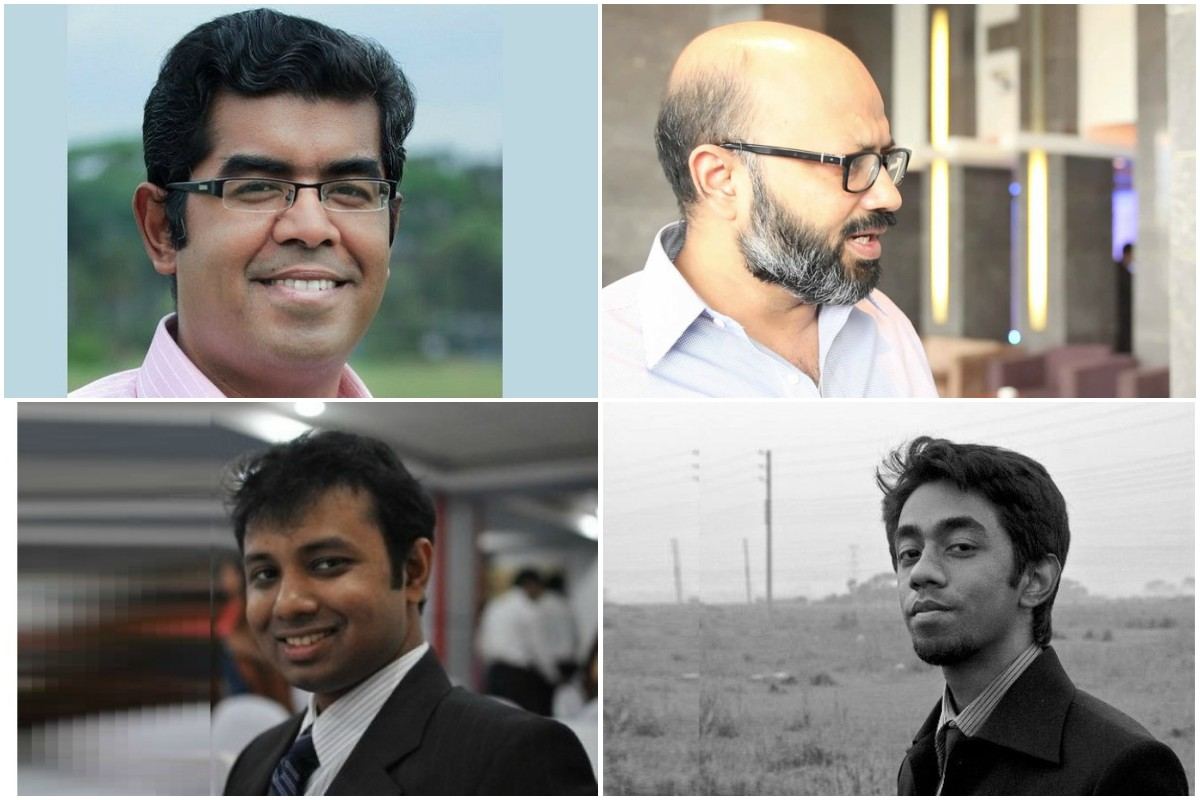
Bangladeshis are some of the most resilient people in the world. Since the Independence in 1971, achieved through a bloody nine-month-long war with Pakistan, we have endured all kinds of maladies and unfortunately, it continues even these days.
Despite the relentless sabotage of selfish political class, albeit not all of them, persistent shortcomings of resources and favorable environment and frequent natural disasters, this nation has managed to move forward, of course at a slower pace than otherwise, it might have been able to if everything was favorable.
This reality is equally relevant to tech and entrepreneurship in Bangladesh. Despite, unprecedented attention being paid to the sectors and continuous PR hype in the recent years, in the material sense, our progress is negligible.
For instance, take our position in World Bank’s doing business ranking, in its 2018 iteration of the ranking, Bangladesh was placed 177th position among 190 economies.
Similarly, as the Financial Express wrote, “Bangladesh fell one notch down the latest Global Entrepreneurship Index to 134th position among 137 countries taken for global ranking, indicating some drawback to the country's business environment.”
Our daily active internet users, according to data from Google, is 14 million, smartphone penetration in the country is at about 30% and the internet quality remains a matter of grave concern and the state of broadband penetration is simply dismal.
Amidst all these challenges, we have managed to make a significant inroad towards taking tech to the consciousness of common people in 2017. Kudos to people.
Bangladesh’s technological development has a singular history, distinct from many other nations in the world. Particularly, development of our consumer technology industry is basically a story of mobile and mobile-enabled innovations. As I wrote in The State Of Consumer Technology In Bangladesh At The End of 2017:
“It is important to note here that, we are not talking about computer technology here, as in PC or laptop. Mobile was of course enabled by computer technology but mobile is an entirely different platform and way more powerful than PC or laptop.
In the West and in many other developed markets, consumer technology revolution started with the computer, starting from mainframe to mini to personal computer. While computer subsequently enabled mobile to happen, it is mobile where our consumer technology revolution really started in Bangladesh. In that sense, we are a truly mobile-first nation.
More importantly, this mobile thing has shaped many other consumer technology epochs that happened afterward. We will explore more of it in a moment.”
In 2017, we have again experienced the dominance of the mobile technology.
[su_divider top="no" divider_color="#adacab" link_color="#edde29" size="1"][/su_divider]
Technology has been part of the lives of common people in Bangladesh for a very long time. The computer usage started in the 70s. BUET opened its CSE department in 1979 in the form of a computer center that was later turned into CSE department. And we first experienced dial-up internet in the early 90s. Then Grameenphone started in 1997. You could read more about these developments in my piece on the state of consumer technology in Bangladesh here.
Many of these developments have become part of the everyday lives of people in Bangladesh. In the past years, we have also seen major but sporadic developments in the space such as Bdjobs.com which democratized the access to job opportunities in Bangladesh. We have seen bKash to unleash a revolution of financial inclusion and many more similar big and small innovations to impact our public life. Then we have seen the inception of digital media with Bdnews24.com, eCommerce and ride-hailing, digital health services and digital ad network, and many more. And most importantly, we have come to see the adaptation of technology in how our government operates. Kudos to A2i, despite the fact that things could have been better.
This development has been going on for many years now. The importance of 2017, however, does not lie in the fact that we saw ride-hailing and ecommerce to go mainstream in 2017, rather in the fact that we have finally, as a nation, come to realize that technology is going to change the fabric of our society. It is going to change how we communicate, consume, entertain ourselves, shop and it will fundamentally alter the fabric of our lives.
We have finally come to realize that technology is not utility services, it is not mobile phone and browsing internet, it is a lifestyle, that it is another industrial revolution, that it will change how we operate as individuals, as a state, as a society and that its impact is not going to be any less than that of industrial revolution.
We have come to realize that all these changes call for not only micro level changes and understanding but also macro-level changes and understanding meaning we need policies and systems in place to deal with these changes.
That’s why 2017 was the year of tech.
Update: Tech's Person of the year 2018 has been separated from this piece after receiving feedback from our readers. You can now find the piece here.
